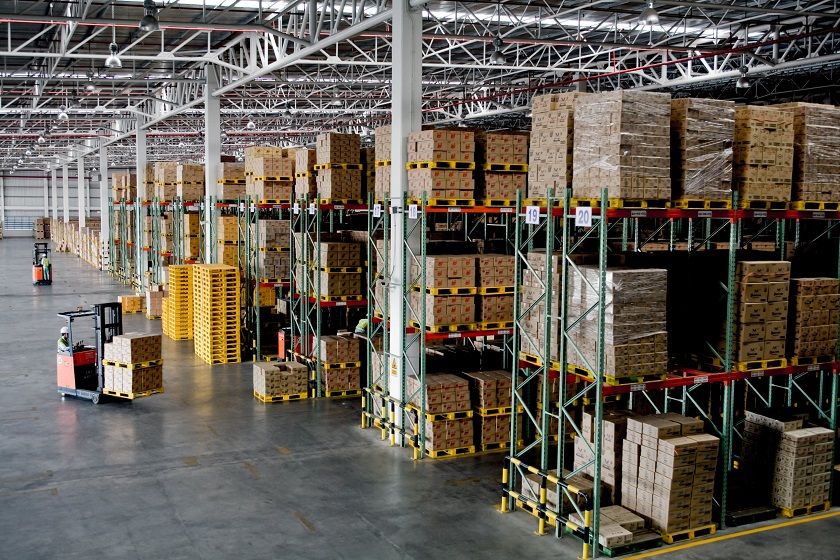Turkiye's manufacturing PMI dips to 46.9: ICOC & S&P

Market uncertainty and price pressures added to difficulties for firms, with output and new orders moderating in July. Purchasing activity was scaled back, while employment growth was the softest in 26 months, the report added. Meanwhile, rates of both input cost and output price inflation softened.
The headline manufacturing PMI is a composite single-figure indicator of manufacturing performance. It is derived from indicators for new orders, output, employment, suppliers’ delivery times and stocks of purchases. Any figure greater than 50.0 indicates overall improvement of the sector.
A general lack of demand was behind the latest moderation in the health of the sector, exacerbated by uncertain market conditions and ongoing price pressures. Both output and new orders eased in July, and to the greatest degree since the first wave of the COVID-19 pandemic. One relative bright spot on the demand side was for new export orders, which were broadly unchanged. Another source of positivity was continued growth of employment as some firms attempted to expand capacity.
That said, the rate of job creation was only marginal and the weakest in the current 26-month sequence of rising staffing levels. Firms scaled back purchasing activity in line with softer new orders, while stocks of inputs decreased for the first time in three months.
There were some signs of inflationary pressures easing. Input costs continued to rise sharply amid currency weakness, but the latest increase was the softest since February 2021. In turn, the rate of output price inflation slowed for the fourth successive month and was the weakest in almost a year-and-a-half. Suppliers' delivery times continued to lengthen due to difficulties for vendors to source materials and global logistics issues. Although the most marked in three months, the extent of supply-chain disruption was much weaker than earlier in the year.
“Market uncertainty, soft demand, and price pressures meant for a tricky time for Turkish manufacturers as the second half of the year began, with only new export orders and employment the relatively positive aspects of the latest PMI survey. There were further signs that the inflationary headwind has peaked, however, with both input costs and output prices rising at the slowest rates for almost a year-and-a-half. Reduced price pressures may provide some opportunities for firms to entice customers back in the months ahead,” said Andrew Harker, Economics Director at S&P Global Market Intelligence.
Fibre2Fashion News Desk (NB)
































-Ltd..jpg?tr=w-120,h-60,c-at_max,cm-pad_resize,bg-ffffff)





.jpg?tr=w-120,h-60,c-at_max,cm-pad_resize,bg-ffffff)
.jpg?tr=w-120,h-60,c-at_max,cm-pad_resize,bg-ffffff)






